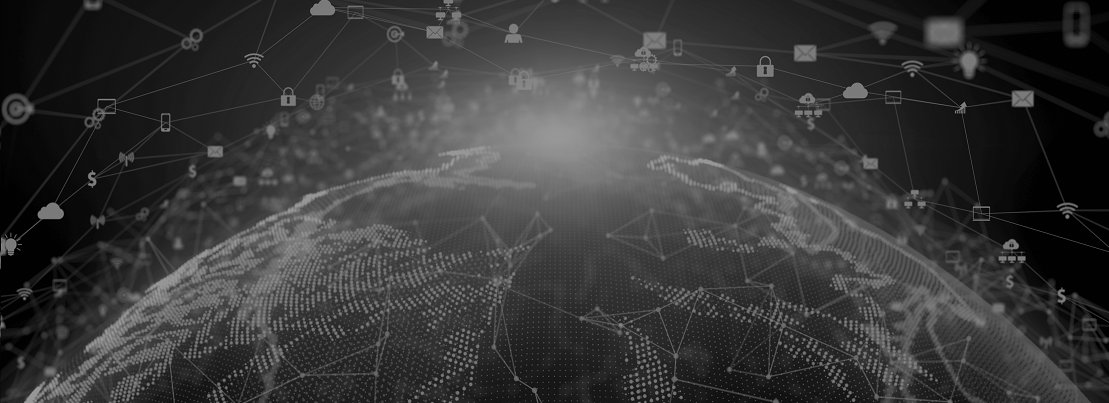
In an age of rapid technological advancement, we find ourselves increasingly placing our trust in artificial intelligence and surveillance systems to safeguard us, manage our infrastructure, and even make critical decisions on our behalf. However, the recent events at the Gaza-Israel border serve as a stark reminder that the overreliance on these sophisticated technological systems can have grave consequences. On October 7th, despite a billion dollars spent on a formidable technological barrier replete with surveillance cameras, sensors, automatic weaponry driven by AI, and much more, Hamas successfully attacked Israel. This unfortunate incident underscores the critical need for a reevaluation of our reliance on AI and surveillance systems and the importance of retaining human oversight.
The incident on the Gaza-Israel border exposes a troubling reality: we cannot entrust technology with making life-and-death decisions on our behalf. While AI and surveillance systems can be invaluable tools in our efforts to enhance security, they should be viewed as aides, not replacements for human judgment and decision-making.
In the case of the Gaza-Israel border, the billion-dollar system failed to prevent an attack, raising questions about its effectiveness. The reliance on AI to distinguish between genuine threats and false alarms can sometimes lead to catastrophic consequences when it gets it wrong. Moreover, technological systems are susceptible to being exploited or hacked, which can undermine their integrity and trustworthiness.
This lesson extends beyond military and security contexts. We are increasingly automating surveillance systems that impact various aspects of civilian life, such as predictive policing, automated decision-making in hiring processes, and even the assessment of creditworthiness. While the promise of efficiency and objectivity is enticing, the risks are significant. When AI systems are left unchecked and unchallenged, they can perpetuate biases, infringe upon privacy, and even make decisions that defy our ethical principles.
The consequences of such overreliance are dire. We risk creating a world where the human element is gradually eroded, leaving us at the mercy of machines, algorithms, and code. This not only threatens our safety.

